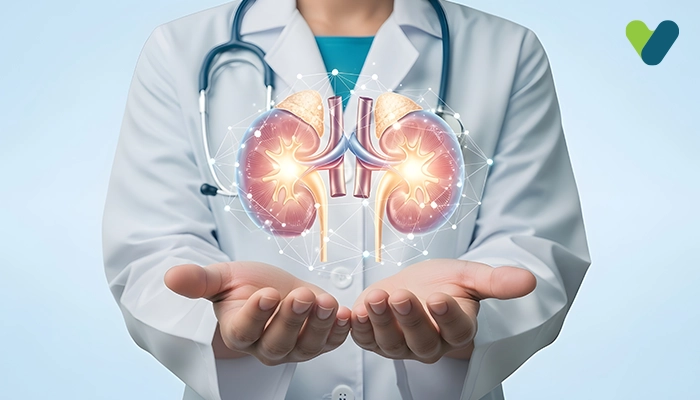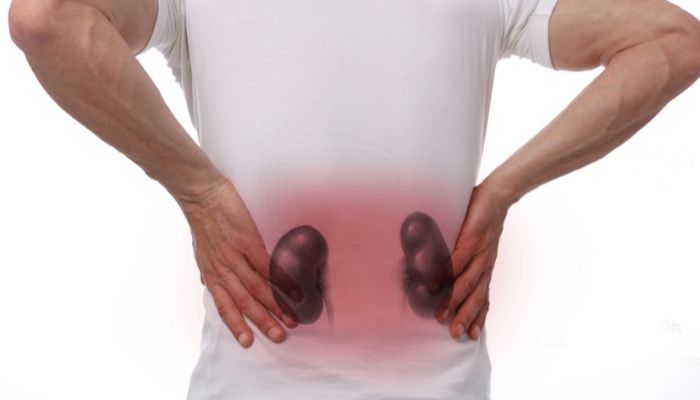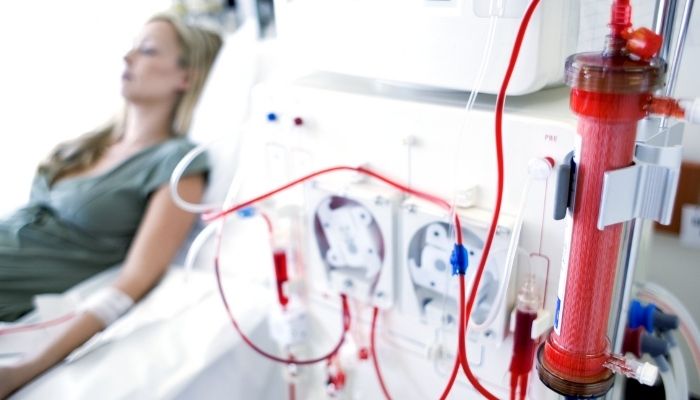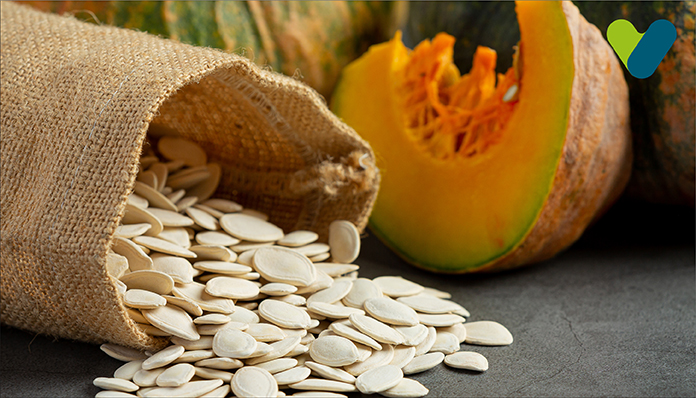Kidneys are small bean-shaped organs that play a significant role in multifarious functions of your body including, blood filtration, controlling blood pressure, maintaining electrolyte balance, and generating urine. These vital organs can be damaged in various ways such as uncontrolled diabetes, high blood pressure, obesity, smoking, genetics, gender, and age. When your kidneys can’t function properly, waste products start to accumulate in your body and this may lead to some serious ailments. A special diet chart for kidney patients is recommended by experts for people who have kidney diseases.
If you are suffering from kidney diseases, your healthcare adviser will design a special kidney failure diet chart that will boost kidney function while averting further damage.
Nutrients to Avoid for Dialysis
People with kidney diseases should constraint the following nutrients:- Sodium: Sodium is the prime component of table salt and many food items possess this ingredient. Damaged or injured kidneys can’t filter out excess sodium, thus, it will increase the level of sodium in your blood. A renal disease patient should limit sodium consumption (less than 2,000 mg per day)
- Potassium: Though potassium is important in maintaining various activities of your body, people with kidney disease should restrict this ingredient to avoid perilously high blood levels. They should consume less than 2,000 mg per day.
- Phosphorus: Deceased kidneys may not be able to extirpate excess phosphorus. This can damage your body in different ways. So, people with kidney diseases should consume less around 800–1,000 mg per day.
- Protein: This is another nutrient that should be restricted for people with kidney diseases. Damaged kidneys can’t remove waste products from protein metabolism.
Diet Chart for Dialysis
If you are planning to start hemodialysis, you should follow a specific dialysis patient diet chart. This is because your daily consumed food items play a crucial role in your treatment. So, don’t forget to consult a renal dietician to create a specific diet plan for you.While planning for a specific hemodialysis diet, you must consider the below-mentioned points:
- Incorporate high-protein food items into your diet
- Always consume those food items that contain low sodium and potassium levels and high levels of phosphorus
- Consult your dietician regarding the amount of fluid (water, tea, coffee, and other beverages) that you are taking
Foods to Include in Diet Chart for Kidney Patients
Here are some foods that people with kidney diseases must consume to lead a wholesome life:- Cauliflower
One cup (124 grams) of cooked cauliflower contains
- Sodium: 19 mg
- Potassium: 176 mg
- Phosphorus: 40 mg
- Blueberries
Berries are low in sodium, phosphorus, and potassium; thus, they are a healthy eating option. One cup (148 grams) of fresh blueberries contains:
- Sodium: 1.5 mg
- Potassium: 114 mg
- Phosphorus: 18 mg
- Red Grapes
These sweet fruits are kidney-friendly and a half cup (75 grams) of red grapes contain:
- Sodium: 1.5 mg
- Potassium: 144 mg
- Phosphorus: 15 mg
- Egg Whites
These are the best choices for people who are undergoing dialysis treatment. These people need protein but at the same time, they also need to restrain the amount of phosphorus.
Two large egg whites (66 grams) contain:
- Sodium: 110 mg
- Potassium: 108 mg
- Phosphorus: 10 mg
- Olive Oil
Olive oil contains monounsaturated fat called oleic acid that comes up with anti-inflammatory properties. One tablespoon (13.5 grams) of olive oil contains:
- Sodium: 0.3 mg
- Potassium: 0.1 mg
- Phosphorus: 0 mg
- Skinless Chicken
- Sodium: 63 mg
- Potassium: 216 mg
- Phosphorus: 192 mg
- Pineapple
Pineapple is rich in fiber, manganese, vitamin C, and bromelain (an enzyme that reduces inflammation). One cup (165 grams) of pineapple chunks contain:
- Sodium: 2 mg
- Potassium: 180 mg
- Phosphorus: 13 mg




